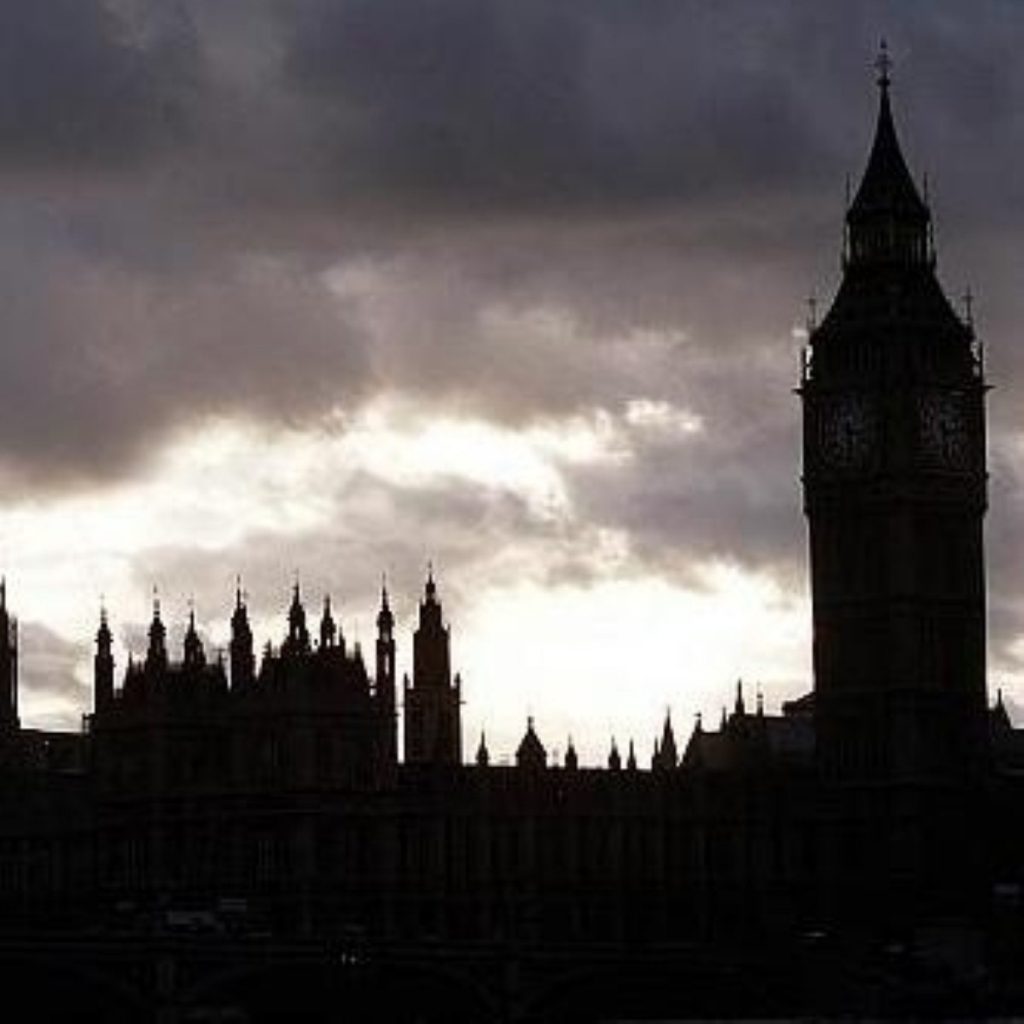MPs debate controversial mental health bill
MPs will today discuss the mental health bill, with widespread opposition expected for the controversial community treatment orders (CTOs), dubbed ‘psychiatric ASBOs’.
If passed, the bill would allow compulsory treatment or detention for people with severe or violent mental health disorders, even if it would not help their condition.
Mental health campaigners warn that CTOs offer mental health sufferers a “bleak future”, allowing doctors to dictate where people live, the medication they take and impose a curfew.
A coalition of MPs will hold a press conference at lunchtime today to outline their concerns with the bill before it receives its second reading in the House of Commons.


The Mental Health Alliance (MHA) represents 80 groups ranging from doctors to service users. It is leading opposition to the bill, calling on MPs to approve six amendments, which it claims will improve the bill “hugely” and ensure that mentally ill people are not deterred from seeking help through fear of detention.
Andy Bell, chair of the MHA: “The government’s plans are causing widespread concern among doctors, nurses, social workers, those with mental illness and their families. By forcing restrictions on patients, CTOs will drive vulnerable patients away from seeking help and will not prevent suicides or homicides by mental health patients.
“This week MPs will decide how the 630,000 people who use mental health services in England and Wales are treated in the future – all we are asking is that they listen.”
The six amendments would ensure: Children and young people cannot be detained on adult wards; CTOs would only be given if it would benefit the recipient; Recreational drug use, different cultural or political beliefs or sexual orientation would not be classed as a mental illness; someone able to make their own decisions would be able to do so; hospitals would not be used as prisons and people would not be forced into treatment without some benefits; and more than one professional has to approve detention.
“If the government reverses any of the amendments it will be ignoring the views of patients, their families, psychiatrists, nurses and social workers – who are all opposed to the proposals,” added Mr Bill.
The Conservatives have raised additional concerns that the bill aims to increase the number of people detained in mental health wards at the same time as NHS mental health beds have been cut. Mental health NHS beds fell from 36,601 in 1997-98 to 29,802 in 2005-06.
The House of Lords rejected the bill in February, accepting critics’ concerns. Prior to its reading, the health minister Rosie Winterton defended the mental health bill: “We have made it very clear in the bill that appropriate treatment has to be available for detention to take place,” she said.
Ministers have been attempting unsuccessfully to reform the mental health laws since the murders of Lin and Megan Russell by Michael Stone in 1998. Although regarded as dangerous, Stone could not be detained under mental health powers because his condition was not treatable.









